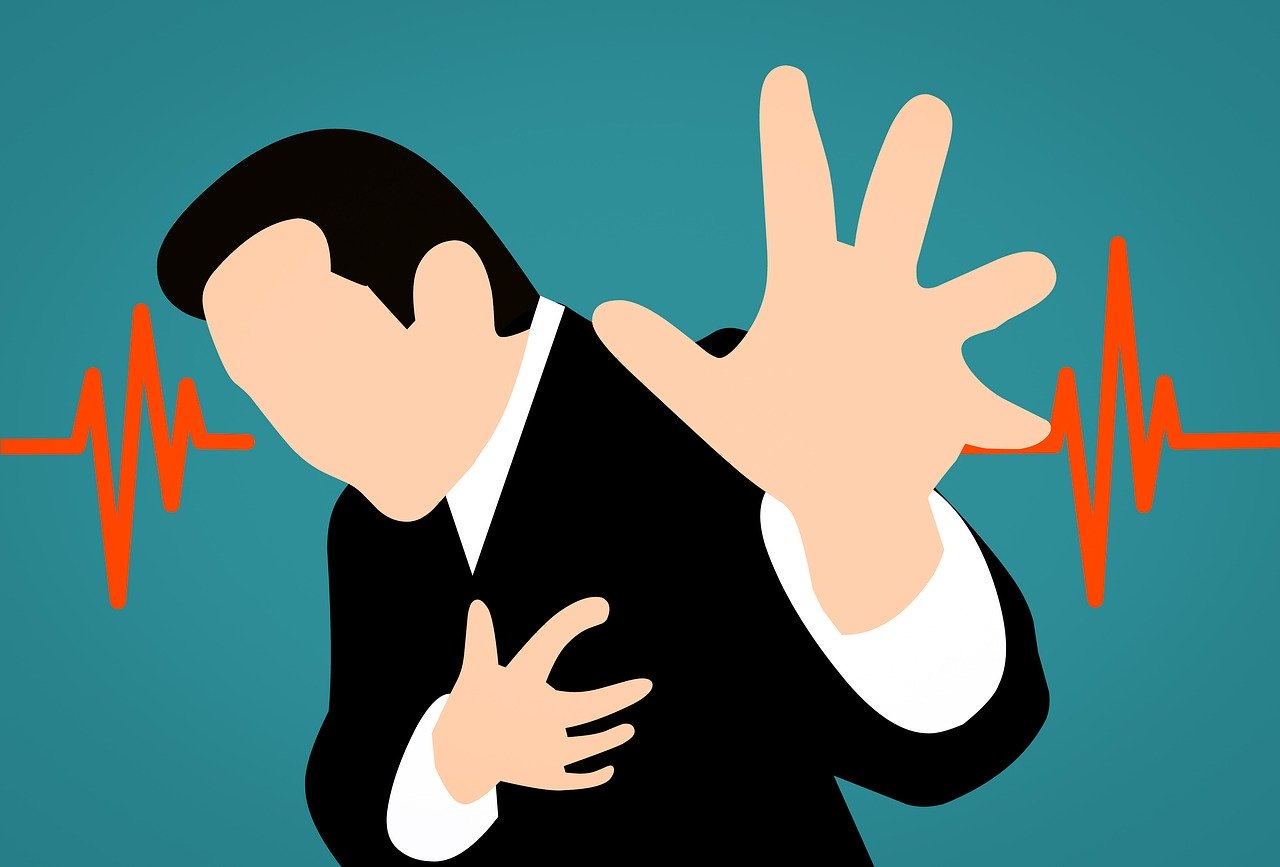Heart Failure is a chronic, life-threatening condition in which the heart fails to pump (systolic) or fill (diastolic) blood as properly as it should be doing and requires extra medicine to help make it work better.
Heart failure is often referred to as congestive heart failure, which means that unwanted fluid has accumulated in other parts of the body, such as lungs and liver. However, not all cases of heart failure can be regarded as congestive. It was the cause of 1 out of 8 deaths worldwide in the year 2017. Nowadays, several people are taking up congestive heart failure treatment. However, before taking any medication, one should know the following facts about this condition.
1. Although heart failure is a long-term condition that has no cure, most patients live long lives by making lifestyle changes and taking medicines that stop the situation from worsening.
2. Heart failure can cause turmoil in the right ventricle or the left ventricle or both. Systolic heart failure is most common wherein the heart fails to pump blood throughout the body due to decreased muscle function. In contrast, diastolic heart failure is caused due to the stiffening of muscles and is usually seen in older patients suffering from conditions such as hypertension and diabetes.
3. There are some measures that you can take to help reduce the strain on your heart. Check your weight regularly and watch out thedrinks you have daily. Stop smoking if you do and try and limit your intake of alcohol and salt. Most importantly, try to reduce stress in your lives and stay active.
4. Even though heart failure is incurable, the medication must not be avoided. Taking them can decrease the progression of the condition. However, it may take time for your physician to analyse how much and what kind of medication you must be given. Diuretics like bendroflumethiazide and furosemide will help reduce shortness of breath, swelling and excess fluids. Ramipril and perindopril are ACE inhibitors that can relax arteries and help the heart with pumping blood.
5. Along with medications, patients could help themselves by using an ICD and a pacemaker. In some cases, if drugs aren’t enough for your heart to work, you may need a transplant. However, it may be possible to treat a few conditions associated with heart failure like heart valve disease, which can be cured with surgery. Although this does not cure heart failure entirely, it can give patients a better quality of life with fewer symptoms. On the bright side, however, medicine is continuously reinventing itself and several new treatment plans on the way.
6. A heart attack could be one of the many causes of heart failure. The others include high blood pressure, problems with heart valves, cardiomyopathy etc. It can also be caused due to viral infection affecting the heart muscles, abnormal heart rhythm or arrhythmia and congenital heart problems that one is born with. In some cases, however, the reason for developing heart failure is unknown.
7. Several people suffering from heart failure go ahead with their regular lives, keeping in mind the information and support given to them by doctors and nurses. You may have to make adjustments to your lifestyle along with congestive heart failure treatment, but most patients tend to lead regular lives. Sometimes, if you work, you may have to temporarily or permanently reduce office hours to help control your symptoms. Moreover, if your job involves heavy weightlifting, you may have to consider changing it so that you can decrease the stress on your heart. Speak to your employer and consider the options you have in hand.
Now that you know a lot of information about heart failure, do all that it takes to prevent such a condition and ensure to follow a healthy lifestyle.
















